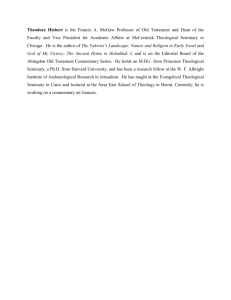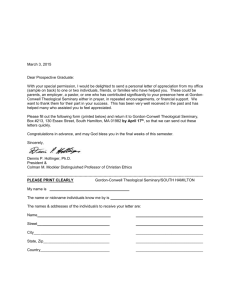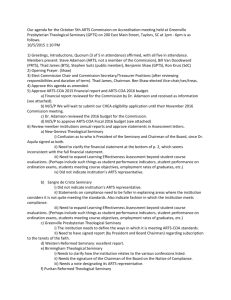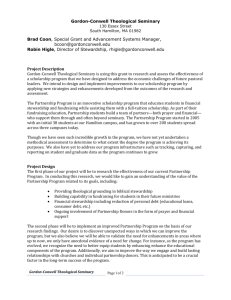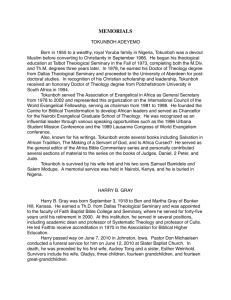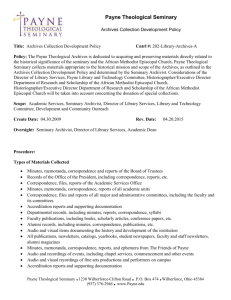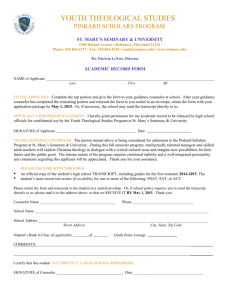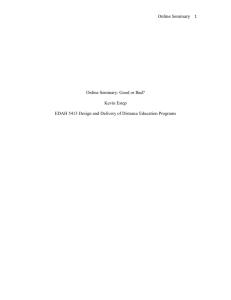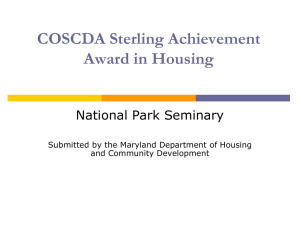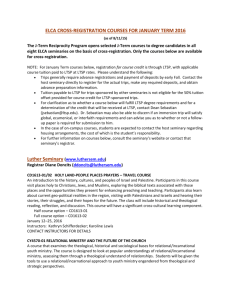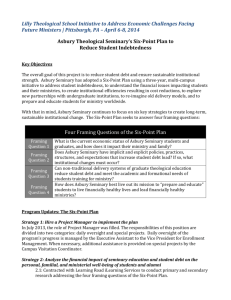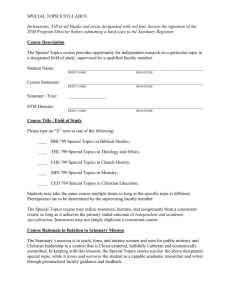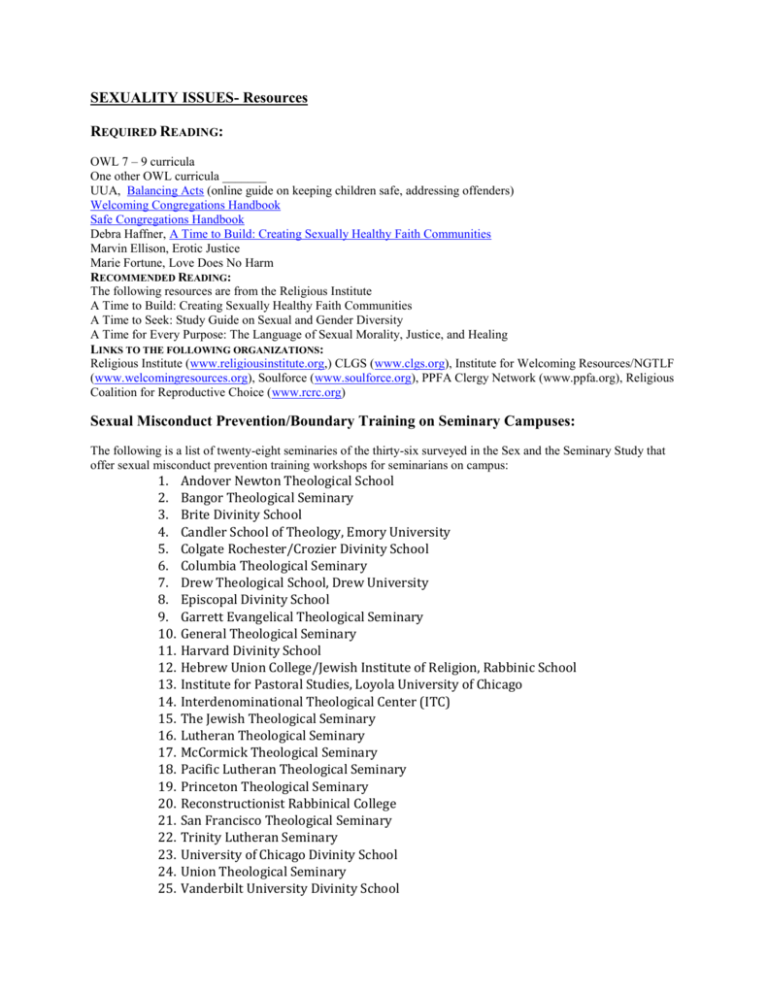
SEXUALITY ISSUES- Resources
REQUIRED READING:
OWL 7 – 9 curricula
One other OWL curricula _______
UUA, Balancing Acts (online guide on keeping children safe, addressing offenders)
Welcoming Congregations Handbook
Safe Congregations Handbook
Debra Haffner, A Time to Build: Creating Sexually Healthy Faith Communities
Marvin Ellison, Erotic Justice
Marie Fortune, Love Does No Harm
RECOMMENDED READING:
The following resources are from the Religious Institute
A Time to Build: Creating Sexually Healthy Faith Communities
A Time to Seek: Study Guide on Sexual and Gender Diversity
A Time for Every Purpose: The Language of Sexual Morality, Justice, and Healing
LINKS TO THE FOLLOWING ORGANIZATIONS:
Religious Institute (www.religiousinstitute.org,) CLGS (www.clgs.org), Institute for Welcoming Resources/NGTLF
(www.welcomingresources.org), Soulforce (www.soulforce.org), PPFA Clergy Network (www.ppfa.org), Religious
Coalition for Reproductive Choice (www.rcrc.org)
Sexual Misconduct Prevention/Boundary Training on Seminary Campuses:
The following is a list of twenty-eight seminaries of the thirty-six surveyed in the Sex and the Seminary Study that
offer sexual misconduct prevention training workshops for seminarians on campus:
1.
2.
3.
4.
5.
6.
7.
8.
9.
10.
11.
12.
13.
14.
15.
16.
17.
18.
19.
20.
21.
22.
23.
24.
25.
Andover Newton Theological School
Bangor Theological Seminary
Brite Divinity School
Candler School of Theology, Emory University
Colgate Rochester/Crozier Divinity School
Columbia Theological Seminary
Drew Theological School, Drew University
Episcopal Divinity School
Garrett Evangelical Theological Seminary
General Theological Seminary
Harvard Divinity School
Hebrew Union College/Jewish Institute of Religion, Rabbinic School
Institute for Pastoral Studies, Loyola University of Chicago
Interdenominational Theological Center (ITC)
The Jewish Theological Seminary
Lutheran Theological Seminary
McCormick Theological Seminary
Pacific Lutheran Theological Seminary
Princeton Theological Seminary
Reconstructionist Rabbinical College
San Francisco Theological Seminary
Trinity Lutheran Seminary
University of Chicago Divinity School
Union Theological Seminary
Vanderbilt University Divinity School
26. Wake Forest University School of Divinity
27. Yale University Divinity School
28. Yeshivat Chovevei Torah Rabbinical School
The Religious Institute also offers an online course, Sexuality Issues for UU Ministers, twice a year
that includes a unit on sexual misconduct prevention and handling sexual attractions in ministry.
The course is $125 to receive a certificate of completion, or $75 for an audit fee. The Religious
Institute will also begin offering a free standing online course specifically on misconduct prevention
for $50 beginning in November 2013. Email info@religiousinstitute.org for information about the
scheduling of the next course.
Denominational and Multifaith Training Opportunities :
The Episcopalian Church, the Evangelical Lutheran Church in America, the Presbyterian
Church (USA), the United Methodist Church, and the United Church of Christ, all offer
regional sexual misconduct prevention/boundary trainings for ordained clergy. These are
often open to clergy of other denominations; fees vary.
The Episcopalian Church and the Evangelical Lutheran Church in America and the Church of
the Brethren require misconduct prevention/boundary trainings for ordination; all of their
seminaries provide these opportunities.
Faith Trust Institute is a national, multi-faith organization working to end sexual and
domestic violence. They provide communities and advocates with the tools and knowledge
they need to address the religious and cultural issues related to abuse
- They also offer a clergy training twice a year that is open to all ministers and
seminarians. The cost ranges from $400 - $700 exclusive of travel.
- They also offer online courses and webinars.
Associates in Education and Prevention in Pastoral Practice is an inter-religious,
educational and healing ministry which exists to prevent sexual and domestic violence and
to promote ethical conduct within communities of faith. They currently work with YDS.
They offer many different education and prevention programs for clergy and church
leaders.
There are local organizations that also provide boundary training. For example, in the New
York City Metro Area, Connect Training Institute (http://www.connectnyc.org/) and the
United Church of Christ (http://www.uccmetrosuffolk.org/our_pastors/our_pastorsboundary.htm) offer trainings.

